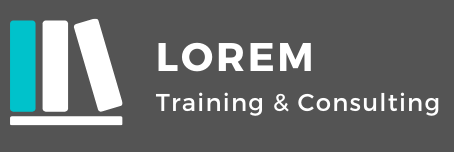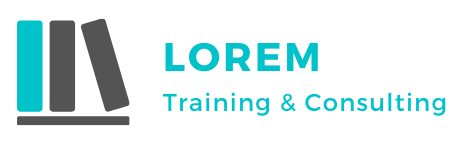This is how to prepare for a technical interview in 10 steps, especially for engineering students eyeing IT company campus placements. It demands a comprehensive strategy that goes beyond just brushing up on technical skills.
It encompasses understanding the interview format, mastering coding and problem-solving skills, enhancing soft skills, and being prepared for behavioral questions.
Here's a brief guide on how engineering students can gear up for their technical interviews.
1. Understanding the Interview Process
The first step in your preparation should be to understand the format of the technical interview you'll be facing. Generally, IT companies conduct a series of interviews that include an online assessment, technical rounds, and sometimes, a HR round.
The technical rounds focus on your coding ability, problem-solving skills, understanding of algorithms and data structures, and sometimes system design for more senior roles.
Familiarizing yourself with the specific process of each company you're applying to can greatly help in tailoring your preparation accordingly.
2. Strengthening Technical Foundations
A strong grasp of fundamental concepts in computer science is crucial.
You should have a thorough understanding of data structures like arrays, linked lists, trees, graphs, stacks, and queues, as well as algorithms including sorting, searching, recursion, dynamic programming, and backtracking.
Focus on understanding the time and space complexity of various algorithms and be able to discuss the trade-offs of using one data structure or algorithm over another.
Utilizing resources like textbooks, online courses, and coding platforms can aid in strengthening these foundations.
3. Coding Practice
Consistent coding practice is key to acing technical interviews. Use platforms like Freecodecamp, W3schools to keep the basics in check. You can use others for a advanced problems to practice.
Start with easy problems and gradually move to more complex ones. It's not just about solving as many problems as you can but understanding the underlying patterns and techniques.
Practicing coding by hand can also be beneficial since it simulates writing code on a whiteboard, a common scenario in many technical interviews.
4. Understanding System Design
For students applying to roles that may involve system design interviews, it's important to familiarize yourself with basic system design principles and concepts.
This might not be applicable for entry-level positions but knowing how to approach designing a system, understanding scalability, and being able to discuss different architectural components can set you apart.
5. Soft Skills and Problem-Solving Approach
Technical interviews often assess not just your coding skills but also your approach to problem-solving. Be prepared to talk through your thought process as you tackle a problem.
This demonstrates your analytical thinking and problem-solving skills, which are crucial for any engineering role.
Additionally, soft skills such as communication, teamwork, and adaptability are increasingly becoming important in technical roles. Participate in mock interviews and group discussions to hone these skills.
6. Preparing for Behavioral Questions
Many technical interviews also include behavioral questions aimed at understanding your work ethic, problem-solving approach, and how you handle failure or stress.
Be ready with examples from your academic projects, internships, or personal projects that demonstrate your skills and strengths.
The STAR method (Situation, Task, Action, Result) can be a useful framework to structure your responses to these questions.
7. Mock Interviews
Participating in mock interviews is perhaps one of the best ways to prepare. They not only help in simulating the interview environment but also provide valuable feedback on your performance.
Utilize platforms that offer mock technical interviews with feedback from industry professionals. Additionally, practicing with peers can also be beneficial.
8. Researching the Company
Understanding the company’s products, services, and technology stack can provide you with valuable insights that can be used to tailor your responses during the interview.
Demonstrating knowledge about the company shows your interest and enthusiasm for the role you're applying for. It also helps in asking insightful questions at the end of your interview, which can leave a positive impression on your interviewers.
9. Staying Updated with Latest Technologies
The tech industry is ever-evolving, and staying updated with the latest technologies and trends can give you an edge.
Follow industry news, participate in tech forums, and engage with the tech community. This not only broadens your knowledge but also demonstrates your passion for technology.
10. Health and Well-being
While preparing for interviews, it's easy to neglect your health and well-being.
Ensure you maintain a balanced diet, get adequate sleep, and engage in regular physical activity. A healthy body fosters a healthy mind, which is crucial for optimal performance during your interviews.
Conclusion
Preparing for a technical interview is a comprehensive process that involves meticulous planning, dedicated practice, and a holistic approach towards personal and professional development.
By understanding the interview process, strengthening technical foundations, practicing coding, enhancing soft skills, preparing for behavioral questions, and staying updated with industry trends, engineering students can significantly improve their chances of success in IT company campus placements.
Remember, persistence, practice, and preparation are key to acing technical interviews. Start your preparation early, stay consistent, and approach each interview as a learning opportunity.
With the right mindset and strategy, you can turn the daunting task of technical interviews into a stepping stone for your career in the technology sector.

